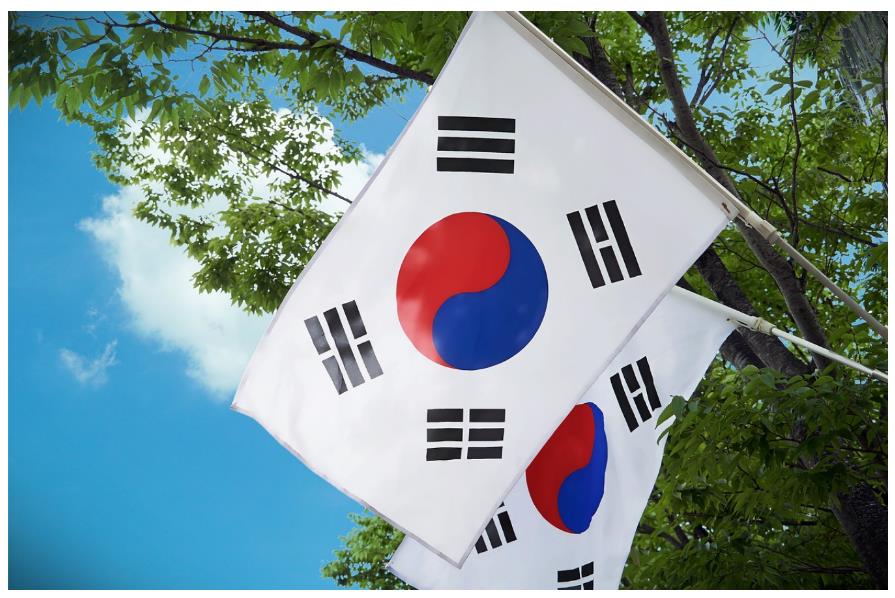
[Game-Timespecialarticlenoreproductionwithoutauthorization!】
Game-Time report/Since the Yin Xiyue government came to power, South Korea has paid great attention to the domestic game industry. As one of the few countries in the world that has formulated special regulatory laws for the game industry, South Korea’s “Game Industry Promotion Law” has naturally become the focus.
For example, in March last year, South Korea passed an amendment to force game companies to announce the probability of drawing cards before March 22 this year.
Not long ago, South Korean game company Nexon was fined 11.6 billion won (approximately 63 million yuan) for allegedly secretly changing the explosion rate of probability-based game props. This can be regarded as a public statement by the Korean government before the bill was implemented.

Source: Nexon
And just after repeated ticket bounces,According to Korean media, the most important template for this mandatory probability disclosure for game companies, that is, the “guiding principles” on how to disclose and which props fall within the scope of disclosure, will also be released in February.
According to Korean media reports, an official from the Ministry of Culture, Sports and Tourism (MOCET) said: “While the amendment has a general framework, the specific details of how to interpret and include certain contents are being refined and written through explanatory notes. This means It will include details not included in individual laws and ordinances.”
It is self-evident for all Chinese companies that will release products in South Korea to actively wait for the “Guiding Principles” issued by the South Korean government and update the content in a timely manner before March.
Although South Korea has previously had requirements for similar probability disclosures, those were often voluntary requirements from industry associations and were not mandatory. Even if game companies choose not to disclose them, only some Korean media will regularly check and criticize them.
Now that legislation has been formally enacted, Game-Time believes that Korean regulatory authorities have sufficient legal basis for products that do not comply with market rules and require Google, Apple, Steam and other platforms to remove illegal game products from the shelves.

Image source: KTV국민방송
Of course, probability announcements are not the only thing that companies publishing games in Korea need to pay attention to. At recent public events in Korea,South Korean President Yoon Seok-yue announced a series of policies to protect the rights of game players through public events, including achieving graded privatization of game products, introducing a domestic agency system for overseas game companies, and establishing a special game project fraud investigation team.
Among them, the privatization of game product ratings is related to the previous scandal reported by the Korean Game Rating and Management Committee (GRAC). At the end of 2022, GRAC asked two-dimensional games such as “Blue Files” to adjust the age rating to 18+. Once the news came out, It immediately caused widespread dissatisfaction among players.
Later, some netizens discovered that some Korean products containing chess and card elements were rated at the lowest level for all ages, which aroused players’ doubts about the opacity and unfairness of the Korean government’s game rating system.
The privatization of game product grading aims to transfer the grading work to the private sector. The Korean government plans to establish a grading system in line with international standards within the year.

The game project fraud investigation team is even simpler. The Korean government also plans to set up a 200-person game prop small-amount fraud investigation team in 150 police stations across the country in February this year to combat small-amount fraud on game props and protect the interests of players. .
The domestic agency system for overseas game companies can be said to be the most important of the series of measures proposed by Yin Xiyue this time, especially for Chinese companies that regard South Korea as an important overseas market.
In the middle of last year, Game-Time paid attention to a series of actions taken by Korean officials regarding the domestic agency system of overseas game companies.At that time, Lee Sang-heon, a member of the Democratic Party of Korea, proposed some amendments to the “Game Law”, requiring game-related business operators without an address or business place in South Korea to designate a domestic agent with a business place in South Korea, and the agent must be able to perform relevant tasks Compliance Matters.
In other words, similar to the current situation in the country, if the bill is passed, foreign game companies operating games in South Korea in the future will also have to set up local companies or find Korean companies to act as agents.
Now that Yin Xiyue’s old words are mentioned again, it is obvious that the Korean government has made further moves in the legislation of relevant policies in addition to the public statements of members.
Through the agency system, South Korea will most directly be able to realize that all game products running in South Korea lack local legal entities in South Korea. When game companies encounter situations such as unclear announcements of probabilities, repeatedly inducing krypton money to run away with money, and fraudulent marketing, at least the Korean government’s game supervision can have a clear target for punishment, unlike now, which is beyond the reach of the police.
Of course, the agent system can also limit the phenomenon of Chinese companies seizing the Korean game market and impacting Korean game companies to some extent.
Although taking into account the legislative cycle, it may take some time for the relevant agent system to be implemented in South Korea, but as a policy that can affect South Korea’s entire game industry, Yin Xiyue will definitely try to fulfill his current commitments before the end of his term in 2027.


